Coping Skills and Proactive Stress Management
Apr 21, 2025
Life doesn’t stop throwing challenges your way—whether it’s work stress, personal struggles, or demanding training schedules. How you respond can be the difference between growth and burnout. At Ascend, we don’t just coach bodies—we help build resilient, high-performing humans. That includes helping you manage stress like a pro.
Understanding Coping Mechanisms
There are five main categories of coping mechanisms:
-
Problem-focused coping
-
Emotion-focused coping
-
Religious coping
-
Meaning-making
-
Social support
For simplicity, we’ll focus on the two most impactful: problem-based and emotion-based coping.
Problem-Based Coping
This strategy helps you change the situation. If something in your life is causing stress and it’s within your control—like a toxic job, relationship, or training schedule—then making a concrete change is the healthiest move.
Example:
If your job is consistently draining your energy and disrupting your training, setting boundaries or exploring new opportunities might be a better long-term solution than just venting to friends.
Emotion-Based Coping
This strategy helps you change how you feel about the situation. It’s best used when you can’t control the outcome—like losing a loved one or dealing with chronic illness. Here, the goal is emotional processing, not fixing.
Example:
If you're feeling overwhelmed by a long rehab process, strategies like journaling, breathwork, or talking with a coach or therapist can help you manage the emotional load.
Key Takeaway:
✔️ Use problem-focused coping when you can change the situation.
✔️ Use emotion-focused coping when you need to adapt to it.
What is Proactive Coping?
Most people wait until they’re overwhelmed to deal with stress. But what if you could prepare for it in advance?
Proactive coping is about predicting future stressors and building the tools and systems to deal with them before they spiral. It includes:
-
Planning your week to reduce overwhelm
-
Learning emotional regulation tools
-
Building a supportive community
-
Developing routines that increase recovery and stability
Proactive vs Reactive Coping
| Proactive Coping | Reactive Coping | |
|---|---|---|
| Timing | Before the stress hits | After the stress hits |
| Outcome | Prevents or reduces impact | Manages damage |
| Focus | Planning and preparation | Emotional patchwork |
| Examples | Delegating tasks, scheduling downtime | Emotional eating, binge distractions |
Benefits of Proactive Coping for Ascend Clients
✅ Reduced Stress & Anxiety
Less overwhelm = more energy for training, food prep, and life.
✅ Better Resilience
Training teaches grit—but proactive coping teaches bounce-back. It’s the mental recovery protocol.
✅ Enhanced Performance
With fewer emotional drainers, you’ll be sharper in the gym, more focused at work, and more present with family.
✅ Increased Self-Esteem
Feeling prepared builds confidence. When you manage challenges well, you reinforce a sense of capability.
✅ Improved Coping Toolbox
The more tools you have, the more flexible and effective your responses become in tough times.
Action Steps for You
Here’s how to start using proactive coping in your day-to-day life:
-
Audit Your Week
Identify where stress creeps in—commutes, emails, sleep? Build buffers. -
Create a Coping Toolkit
Include breathwork, scheduling, support people, recovery strategies, and mood trackers. -
Schedule Regular Self-Reviews
Weekly check-ins help you notice when pressure is rising and course-correct early. -
Communicate With Your Coach
If life is throwing curveballs, your training plan can and should adjust.
Final Thought
Coping skills aren’t just for therapists—they’re for athletes, coaches, and clients too. At Ascend, we’re about more than sets and reps. We’re here to help you build the physical and mental strength to move forward no matter what life throws your way.
Let’s train your stress response as hard as you train your body.
— Team Ascend
